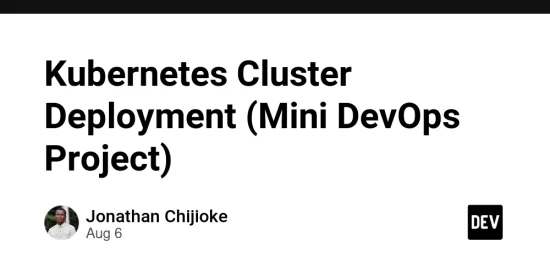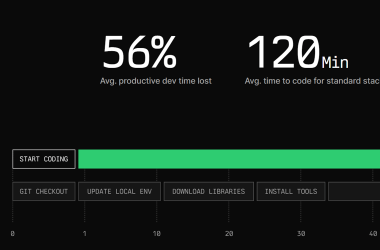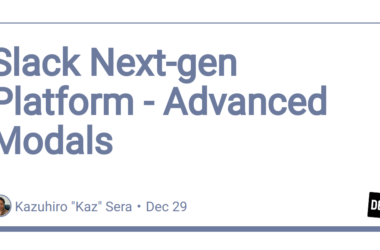Tools
Docker, Kubernetes
What to Do:
• Deploy a Node.js or Python app on a Kubernetes cluster.
• Use Minikube for local testing.
Outcome: Demonstrates understanding of containerization & orchestration.
How This Project is Useful to Companies or the Industries
This project mimics how modern tech companies manage applications in production environments using containers and Kubernetes, which are industry standards for:
- Consistency: Docker ensures apps behave the same across all environments.
- Scalability & Availability: Kubernetes can scale apps up/down automatically and keep them running smoothly—even during failures.
- Microservices Deployment: Most modern systems are built as microservices, and Kubernetes helps manage their communication and lifecycles.
- Automation & CI/CD Pipelines: This project fits into automated deployment workflows used in DevOps teams.
- Cloud-Ready Skillset: Companies on AWS, Azure, or GCP expect familiarity with these tools—even if starting in a local setup like Minikube.
Real-World Business Value & Problem-Solving Impact
This project directly addresses challenges that real companies face in software deployment and infrastructure management:
- Problem: “It works on my machine”
Company Challenge: Apps behave differently in development, testing, and production environments.
How This Project Helps:
Docker standardizes the app environment, ensuring it runs the same way everywhere—from a developer’s laptop to a production server.
- Problem: Manual, inconsistent deployments
Company Challenge: Manual deployment leads to human error, downtime, and lack of traceability.
How This Project Helps:
Using Kubernetes and YAML configuration allows declarative, version-controlled deployments, which are automated, repeatable, and scalable.
- Problem: Need for scalability and high availability
Company Challenge: Handling traffic spikes or keeping services running when something crashes.
How This Project Helps:
Kubernetes manages multiple replicas of the app and can self-heal by restarting failed containers. It supports horizontal scaling to meet demand automatically.
- Problem: Complex application management
Company Challenge: Managing microservices or multiple apps becomes complex without orchestration.
How This Project Helps:
Kubernetes provides a central control plane to deploy, monitor, and scale containerized apps efficiently, simplifying infrastructure management.
- Problem: Transition to DevOps culture
Company Challenge: Companies want to move from traditional IT to agile DevOps workflows.
How This Project Helps:
This project shows practical knowledge of CI/CD principles, container lifecycle management, and DevOps tools that companies look for in junior to mid-level engineers.





